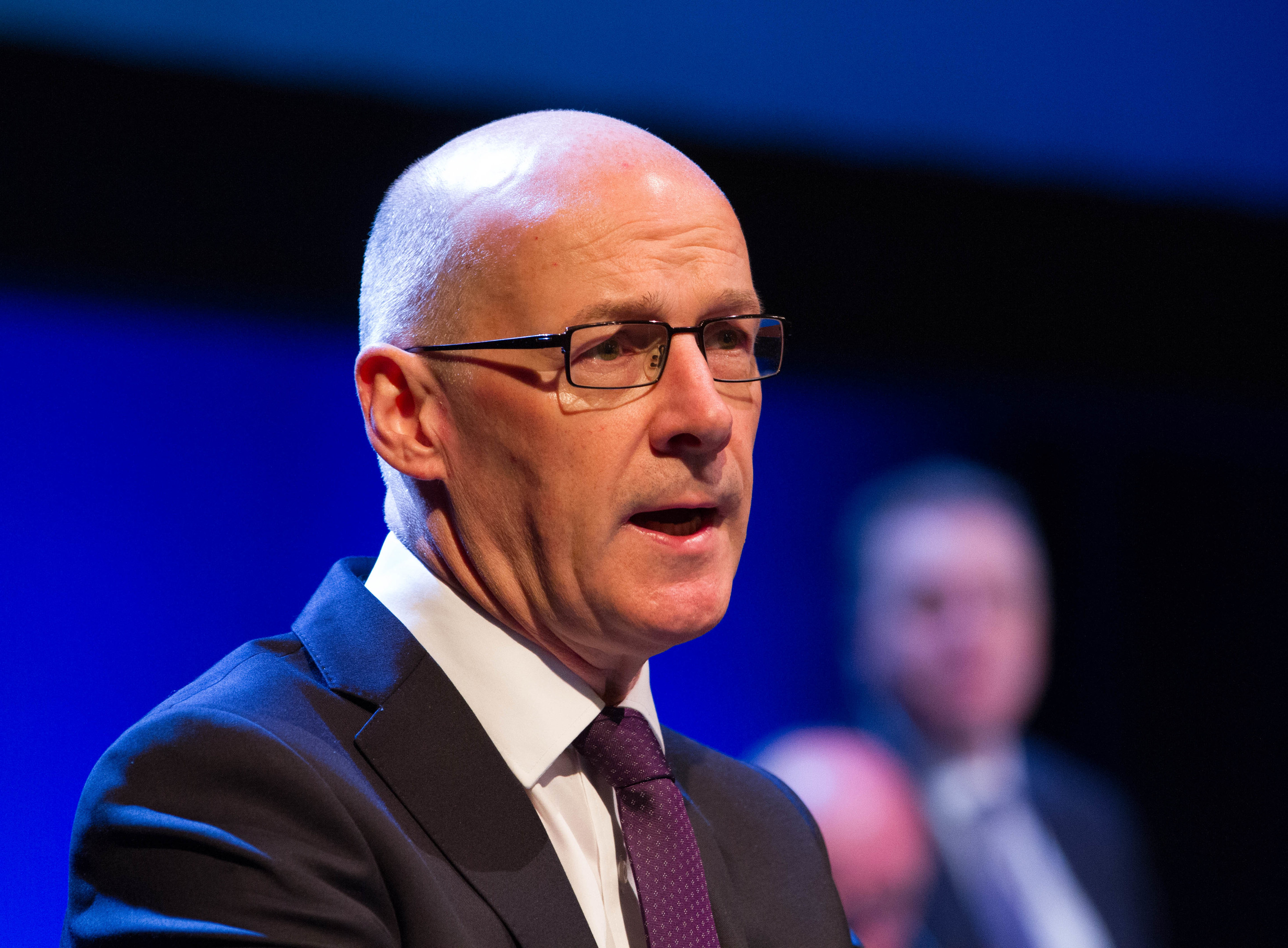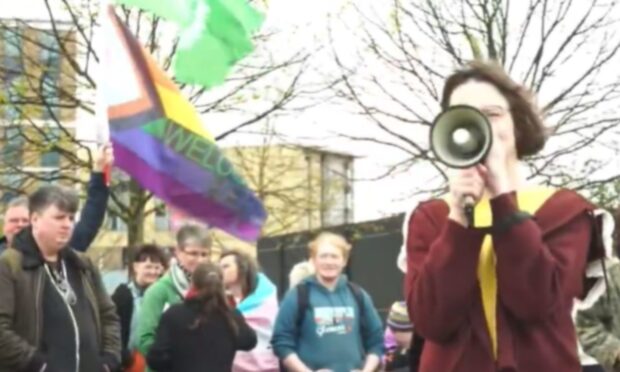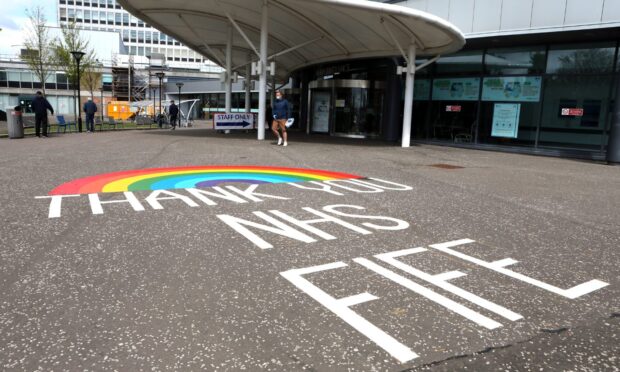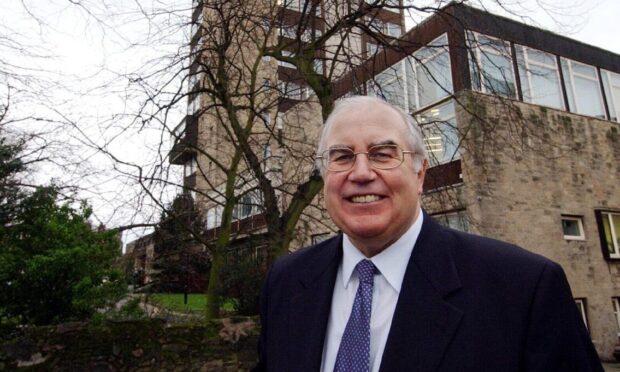The Scottish Government’s controversial named person scheme has been ruled unlawful by the Supreme Court.
Top UK judges unanimously decided part of the 2014 legislation is incompatible with Article 8 of the European Convention of Human Rights in relation to family life and privacy because of its information sharing provisions.
The scheme sought to appoint a state official for every child in Scotland to monitor their wellbeing. This included powers to access and share private data on children and parents, and provide advice.
The court said the aim of the Act was “unquestionably legitimate and benign” overall.
The policy was due to come into force in August but ministers will now have to go back to the drawing board to address the information sharing issues.
The court has given the Scottish government 42 days to rectify the legislation, saying that in the meantime it “cannot be brought into force”.
John Swinney, the Deputy First Minister and Education Secretary, has pledged to make the required changes to ensure the Act can be passed lawfully.
He said: “I welcome the publication of today’s judgment and the fact that the attempt to scrap the named person service has failed.
“The Supreme Court has stated that the aim of the legislation, in promoting and safeguarding the wellbeing of children and young people, is ‘unquestionably legitimate and benign’. It makes clear that the principle of providing a named person to support children and families does not breach human rights.
“The court’s ruling requires us to provide greater clarity about the basis on which health visitors, teachers and other professionals supporting families will share and receive information in their named person role.
“We will start work on this immediately so we can make the necessary legislative amendments. The service will be implemented nationally at the earliest possible date.
“Ministers remain absolutely committed to the named person policy, developed over several years in consultation with a wide range of individuals and organisations working across Scotland to support children and families.
“We will work closely with local authorities, health boards and other key public service partners to ensure that those performing the role have the support and guidance they need ahead of implementation.”
BREAKING NEWS: Victory! @UKSupremeCourt strikes down Named Person scheme. More news to follow… #no2np #namedpersons
— NO2NP (@NO2NPcampaign) July 28, 2016
The judgment ruled that the principle of providing a named person for every child does not breach human rights and is compatible with EU law and rejected a claim the legislation relates to reserved matters.
Simon Calvert, spokesman for No to Named Persons (NO2NP), which has spearheaded the public campaign against the scheme, said: “We are delighted with the decision which proves our concerns, and those of the 35,000 people who signed our petition, were properly founded
“This proposed scheme was intrusive, incomprehensible and illegal.
“This ruling means the Scottish Government has been blocked from implementing this scheme on August 31. It must scrap its plan for state snoopers with intrusive data sharing powers.
“It has to go back to the legislative drawing board if it wants to try again. But they would have to come up with a much more limited scheme that actually respects the rights of children and parents.”
“The Big Brother scheme is history.”
Stuart Waiton, a sociology lecturer at Abertay University in Dundee, has been a leading figure in the campaign against the Named Person legislation and was at the Supreme Court to hear this morning’s ruling.
He said: “I don’t understand the Scottish Government’s response, I honestly have no idea.
“I’ve only flicked through the judgement but it seems clear they consider it the act of a totalitarian regime to intervene in family life and proscribe how children should be raised.”
Mr Waiton added: “I think the key thing for me is that this should help to highlight that government policy, in Scotland and the UK, is moving in this direction.
“It is moving in the direction where experts, policy people and politicians should be able to intervene much more than has ever been seen as necessary before.
“For all the flaws in how the Supreme Court work, this ruling says this policy undermines family privacy.”
Ruth Davidson, the Scottish Conservative leader, called for the legislation to be scrapped following the court’s ruling.
She said: “It’s a victory for campaigners who have exposed this from the outset as illiberal, invasive and deeply flawed.
“Simply put, the SNP does not know better than parents when it comes to raising their children.
“If the Scottish Government arrogantly tries to implement this anyway – as it has threatened to do – it will face a heavy reckoning from Scottish parents who rightly want to be able to raise their children without state interference.”
Court clear on how personal details of child could be passed around under NP without knowledge or consent. Damning. pic.twitter.com/7HSXejMi2Q
— Ruth Davidson (@RuthDavidsonMSP) July 28, 2016
The Scottish Liberal Democrats called for the recall of the Scottish Parliament and a substantive Holyrood vote on changes to the named person scheme following the ruling.
Speaking after the judgement was handed down, Lib Dem education spokesman Tavish Scott MSP said that changes to the policy must be approved by the Parliament in advance.
Mr Scott said: “This is hugely serious. Parliament was asked to support a flagship piece of legislation. The highest court in the UK has today ruled sections of it as unlawful.
“We need to know quickly what changes will be made to comply with this decision and MSPs must be given the chance to agree on the way ahead.
“A recall of Parliament is the only way to ensure that reforms receive the scrutiny required. This is not a decision for a minority minister to make in his office. It needs full parliamentary approval.”
Labour’s education spokesman Iain Gray said: “The SNP Government’s handling of the Named Person scheme has been a shambles from the very beginning, and this ruling confirms that.
“Labour will always support the need to protect vulnerable children and ensure that families get the support they need and deserve.
“In light of this ruling, however, the implementation of this scheme must be paused for as long as it takes to sort it properly. That is the case Scottish Labour have made for many months now and it is more compelling than ever following the court decision.”
The Scottish Greens confirmed they will continue to back the Named Person Scheme after the ruling found the aim of the legislation to be “unquestionably legitimate”.
Ross Greer, the party’s education and skills spokesperson, says the required changes give the Scottish Government an opportunity to “build public confidence” in the legislation.
He added : “As I told the Scottish Parliament last month, the Scottish Government must do more to build public confidence and better explain what Named Person means in practice.
“Even the name is far from perfect. They now have an opportunity to do that when the Supreme Court’s necessary changes are made to the legislation.
“Let’s review the scheme’s effectiveness after it’s implemented, but its opponents must accept the court’s decision. The system has been designed for children who need help and who would otherwise slip through the net. It’s for that reason Greens give it our full support.”










